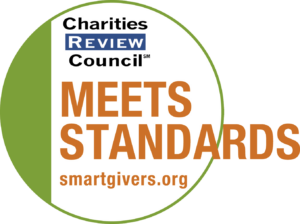It’s not an exaggeration to say that Julia Quanrud has been a part of every single level of AmeriCorps in Minnesota. She served as a member, launched and managed many innovative programs, and served as interim Chief Program Officer at Ampact, an organization that manages several AmeriCorps programs, during the height of the pandemic. From her first year of service until now, she’s seen it all, making her remarkably well-equipped to step into the role of our new CEO.
“The AmeriCorps mission is a core part of who Julia is,” said ServeMinnesota Board Chair Phil Rutherford. “She’s fiercely committed to what we do, and has been showing that for over a decade.”
“Service feels like a vocation to me, a calling,” said Julia. “It’s a central part of my identity – core to my purpose and who I am.”
In true form, Julia’s commitment to community service weaves through her personal and professional life. She’s an election judge, a volunteer tax preparer, and on the board of FamilyWise outside of work – just some of many ways service is central to her life. She also graduated with a Master of Public Affairs from the Humphrey School of Public Affairs last year, winning the Lloyd B. Short Award for Best Master’s Paper.
Julia’s connection to community is naturally a big part of how she leads. “Community is at the heart of AmeriCorps,” she said, echoing what she has learned from more than a decade of serving, managing, and leading AmeriCorps programs. “I’m really driven by this sense of responsibility to the community that embraces, supports, and nourishes me. I want to be a good steward of my community – to give back just as much as I get.”
“Julia knows AmeriCorps through and through”
Julia is an expert at growing AmeriCorps programs from the ground up. It’s something she’s specialized in as Director of Innovation and Strategic Partnerships, and then as Chief of Staff at Ampact. She helped build some of the programs that have helped ServeMinnesota respond to acute state needs – including the Emergency Response Initiative and Contact Tracing Corps. Before that, she managed 400 Math Corps and Reading Corps members across three states during a period of major growth for those programs.
“Julia knows AmeriCorps through and through,” said Rutherford. “Not many people have such a keen sense of how it all works. She’s the perfect person to take on this role.”
Taking a program from 0 to 60 in record time is a true challenge. Regardless, Julia does it with an awareness of all those parts of AmeriCorps she’s intersected with through the years – AmeriCorps members, staff, community partners, and so many others.
“Service sites and partners need to know that they can count on us to follow through, listen, and act on their concerns,” said Julia. “I also know AmeriCorps members do great things and take on a lot of challenges. It’s vital that we support them in their service, and it’s important to me that my decision-making reflects many perspectives aside from my own.”
Through all the programs Julia has stewarded, she’s especially energized by moments that show what an impact AmeriCorps programs are making.
“I’ve had so many spine-tingling moments when I visit a service site,” Julia said. “It’s heartbreaking to hear a four year old say, ‘I’m not good at math,’ but then I see AmeriCorps tutors work with students to build the skills and the confidence they need to know they’re a math learner. I’ve had so many moments of magic like that where I’ve been able to see what a really solid program can do.”
Building on an epic foundation
Julia’s focus on community intersects with her predecessor, Audrey Suker, who established an incredible network of evidence-based AmeriCorps programs. Audrey is known for bringing together the knowledge of community partners, experts, and researchers. As Julia has taken on increasing leadership roles, she and Audrey have worked closely together.
“What Audrey has built is incredible,” said Julia. “Who I am as a leader has been shaped by the organization and culture that Audrey has created.”
As Julia reflects on what’s next for ServeMinnesota, she’s thinking about Minnesotans across the state. “This is a multifaceted state, so we need to be thinking about inclusiveness,” she said.
“ServeMinnesota is a state commission for everyone in our state. I’m excited to hear from our community, our public leaders, our partners, and our members about what the key issues are and where we can go next.”





